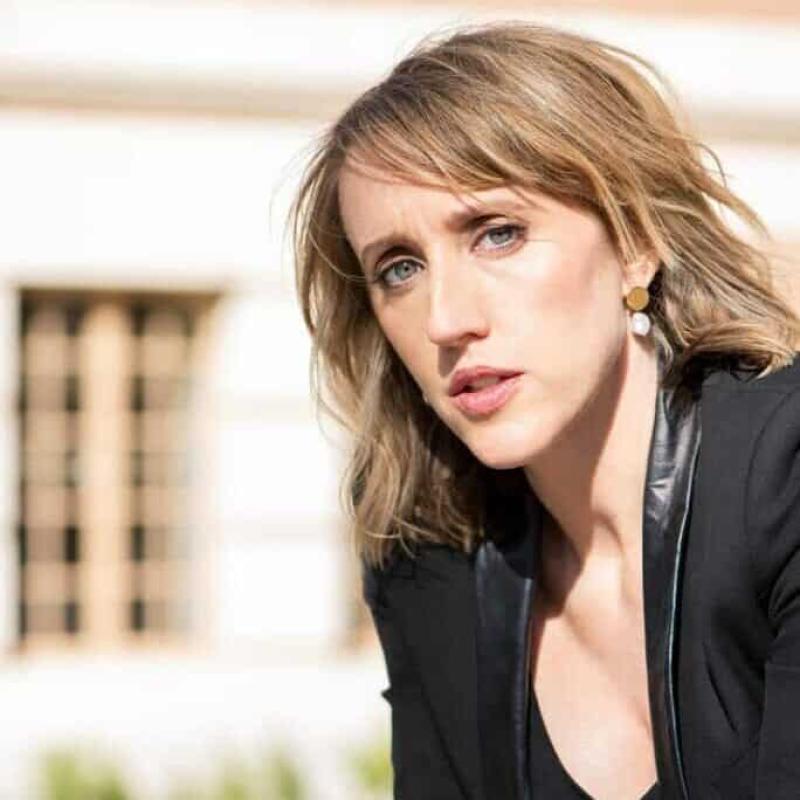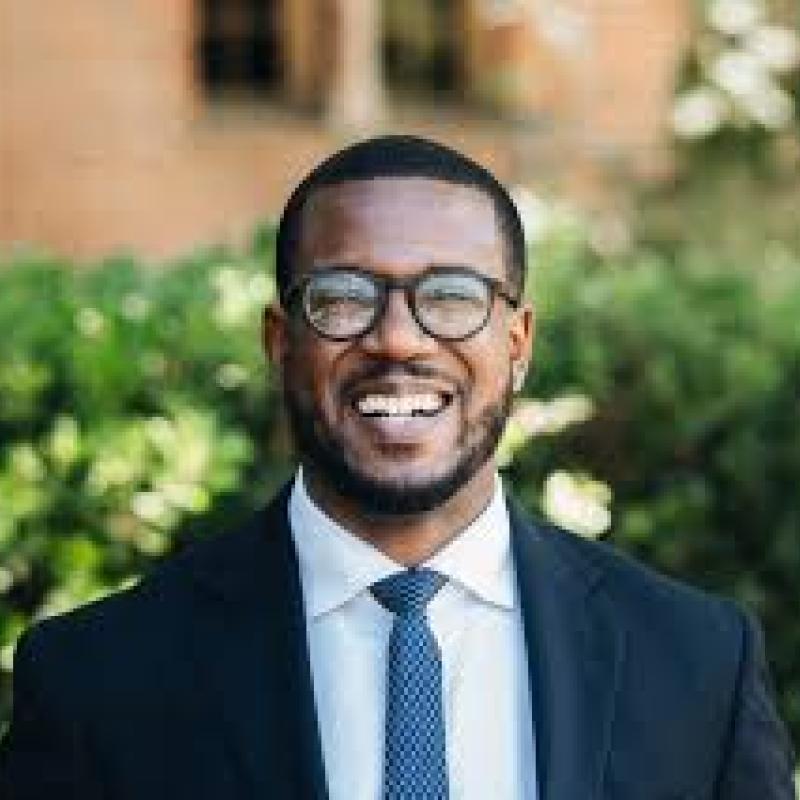“It is not our differences that divide us. It is our inability to recognize, accept, and celebrate those differences.” ~ Audre Lorde
“When we choose to disparage or dismiss those not like us, when we do not attempt to understand other human beings, we ultimately fail to appreciate that our differences can coexist, rather than divide us as they do today.” ~ Elizabeth Currid-Halkett, The Overlooked Americans
“…a time to gather.” ~ Ecclesiastes 3
There is much that divides us: religion; politics; rural versus urban; race; gender; culture; economic disparity. These are charged issues and identities. So, what brings us together? Can we find common ground, a common space? Should we? For this year’s Polymathic Pizza Series, we are looking at the Harman Academy as a salon, a space where we gather in civility and collegiality to discuss, engage, and challenge each other over contemporary concerns. Do we need to believe the same tenets ~ political, religious, philosophical ~ to share conversation and pizza? We might also ask the question: do we have to think alike to solve/resolve the problems we face today?
For our opening Polymathic Pizza session, we will engage two scholars and practitioners who have considered deeply what community means. Does our diversity inhibit or contribute to the fostering of community? Audre Lorde encourages us to think the latter. Let’s come together, eat together, discuss together, and see each other.

